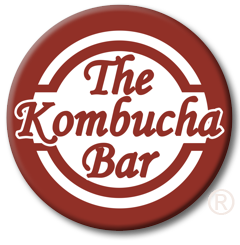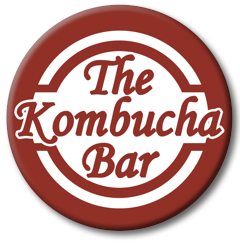By Jason Bogroff
We live in their world
Humans live in a world of incredible microbial diversity. A recent study estimates that Earth is home to between 100 billion and one trillion microbial species in soil, in water, and in the microbiomes of plants and animals, and 99.999% remains undiscovered. This should not be a surprise since 85% of the evolution of life on earth was in the microbial world, before plants and animals appeared on the scene. We live in their world, and it’s a world that we are only beginning to understand.
Humans are donuts
Humans have a level of intimacy with microbes that may surprise you. Consider that your digestive system is actually part of the external environment (think of a donut). There is a universe of microbes, called the microbiome, on you and “inside” of you, much of which is in your gut. The cells of your microbiome outnumber your own human cells by ten to one, and make up five pounds of your body weight. At the recent Exponential Medicine conference (October 8-11, 2016) Leroy Hood proposed that the determinants of individual health are 10% due to health care, 30% due to genetics, and 60% due to behavior and environment, where environment includes the microbiome. The diversity, complexity, symbiosis and dynamism of the microbial world does not stop at your skin, and is a vital determinant of your health and wellness.
The next frontier in health and wellness
Deeper understanding of the microbiome should usher in a wave of innovation in health care. We are in the very early stages of this journey. Studies are beginning to reveal the impact of the microbiome on the immune system, nutrition, behavior and diseases like celiac, colitis, Chrohn’s, irritable bowel syndrome, c. diff., eczema, asthma, heart disease, diabetes, multiple sclerosis and even some cancers. The increasing number of studies demonstrating that changes in microbiome correlate with numerous disease states raises the possibility that manipulation of the microbiome could be used to treat disease. A great example (but slightly gross sounding) is fecal transplantation, which “transplants” a healthy donor’s gut microbiome into a sick patient with incredible effectiveness for treating c. diff.
Understanding the microbiome is being accelerated by the rapid rate of gene sequencing technology evolution. Gene sequencing is evolving at a rate that makes semiconductor technology (Moore’s Law) look like a glacier’s creep. DNA sequencing enables examination of entire microbial communities without the need for cultivation.
In the future your toilet will be your most important wellness “enabler”
As we unlock the effects of our microbiomes on health and wellness, we confront multiple fundamental challenges in US health care: dynamism and personalization. Each person’s microbiome is unique and dynamic, constantly seeking homeostasis in an ever-changing environment. Visibility to real-time changes in the microbiome can be early indicators of illness or disease for an individual. Unfortunately health care in the US is completely opposite of dynamic and personalized. US health care is driven by historical cross- sections of data from large populations, reacting to illness and disease when they are often far-progressed. Real-time and individualized wellness actions and interventions will require fundamental new approaches. For example, it’s not too much of a stretch to imagine that your toilet will eventually be equipped with DNA sequencing sensors, artificial intelligence processors and cloud computing linkages to give you real-time feedback on your health and suggest individualized actions.
Back to the here and now, and why we drink (and make) kombucha
So far we have looked at who is actually pulling the strings in our world and how the universe of life in the human donut hole is one of the next frontiers of health, wellness and medicine. Let’s focus the lens of this story back to us, now. Whether today or in a more high-tech future, our health and wellness requires individual engagement and accountability. The decisions we make throughout everyday related to diet, exercise, sleep, stress management, etc are inputs that impact our bodies and our microbiomes. In our family we’ve tested the impact of kombucha on our health in the “laboratory” of our home. These are not randomized and double-blind studies, but we became convinced that drinking kombucha was a smart health decision for our family. After developing and optimizing our own home-based kombucha fermentation and flavoring process, we elevated it to a multiple glass per day habit within our family by improving the taste and decreasing the cost. Now we share it with our friends. We are confident that when the science catches up it will show that drinking kombucha has positive effects on our microbiomes. In the meantime we will keep drinking our small-batch, carefully crafted kombucha, embracing the unity of the universe within us and within the glass.
Explore Further:
- Locey, KJ and Lennon, JT (2016) Scaling Laws Predict Global Microbial Diversity. Proc Natl Acad Sci USA 113(21):5970–5975.
- http://www.microbiomeinstitute.org/humanmicrobiome/
- https://www.genome.gov/sequencingcostsdata/
- http://hmpdacc.org/overview/about.php


